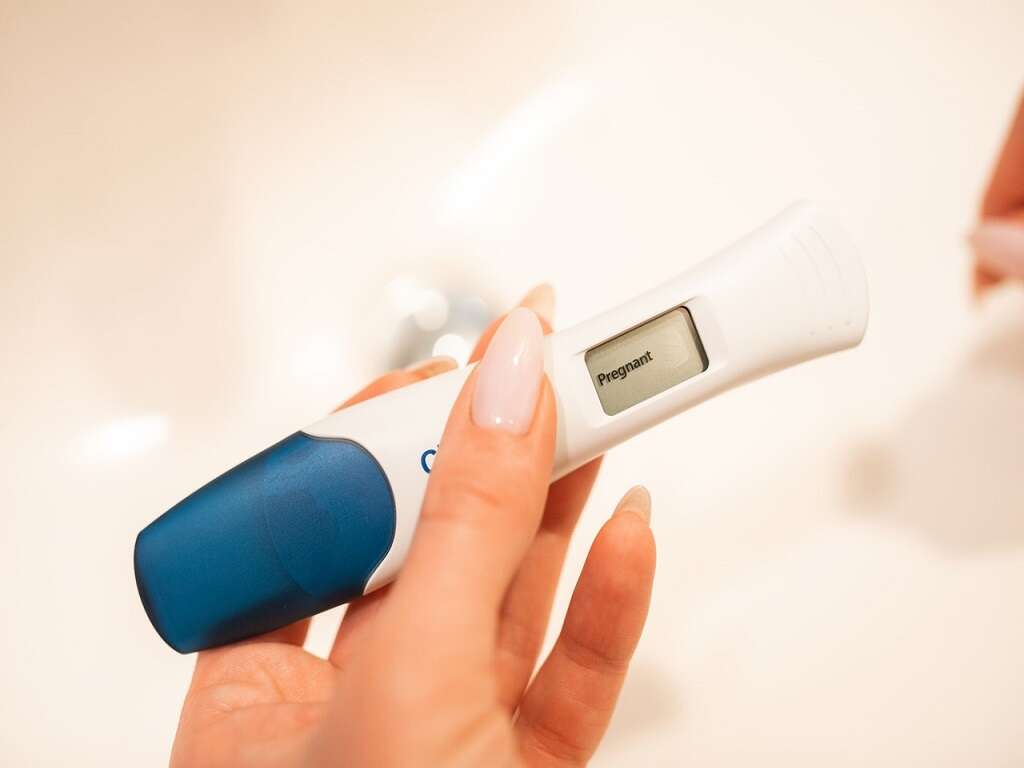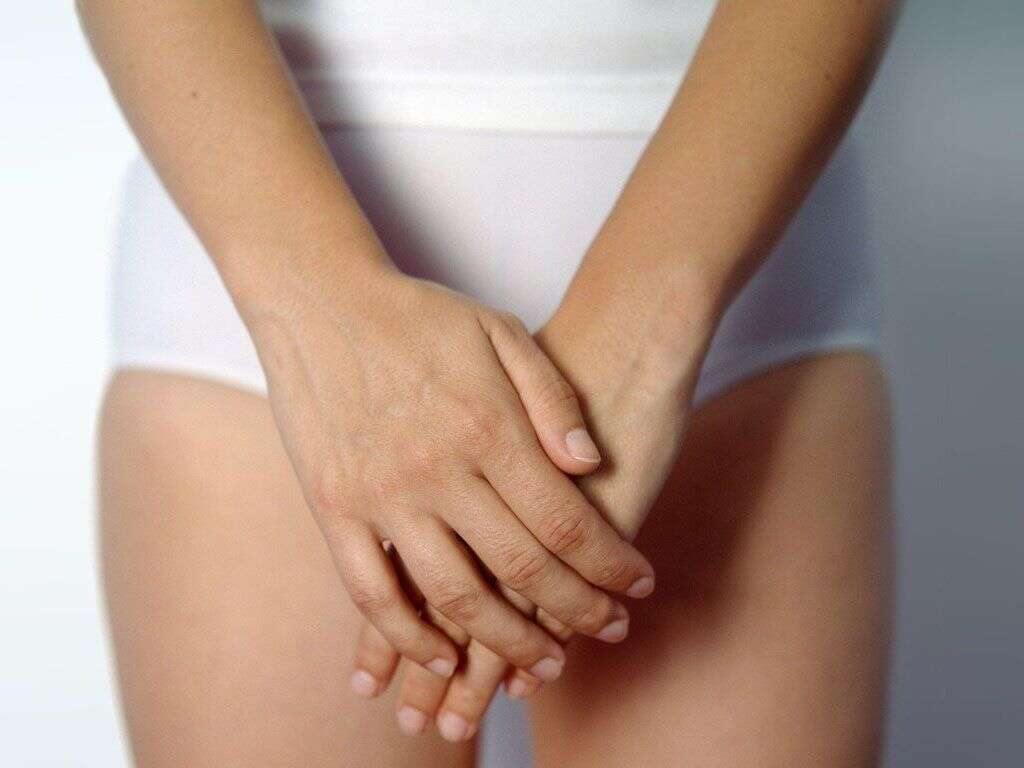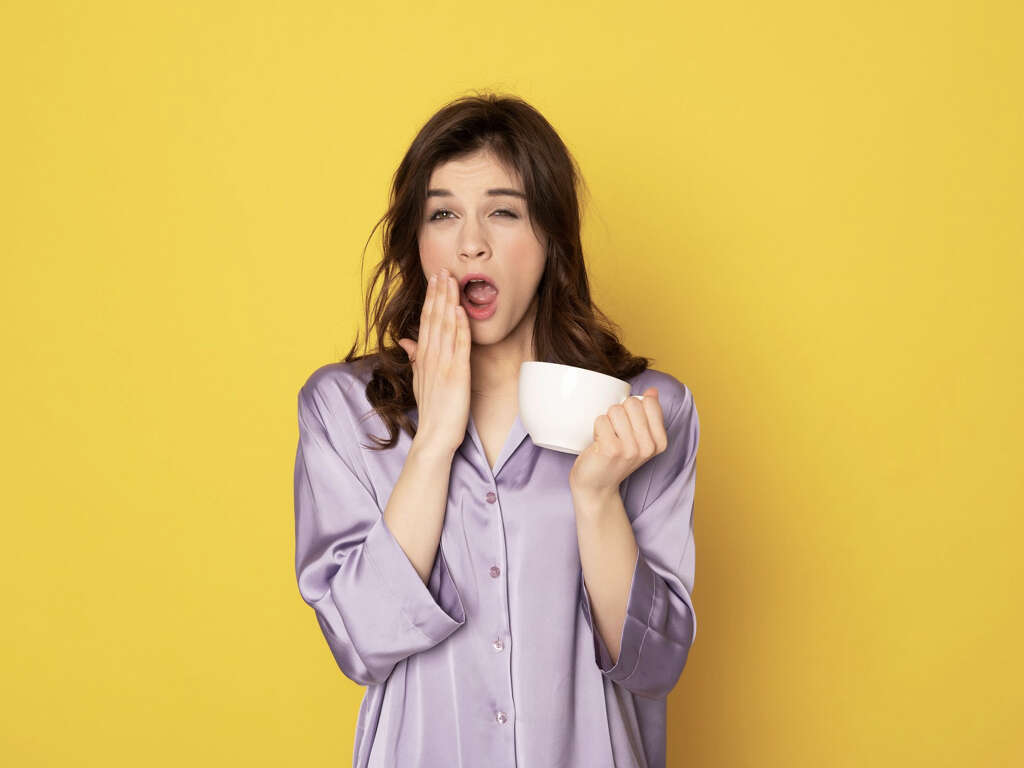10 Signs of Menopause
As we get older, our bodies begin to slow down. For women, there comes a time when having babies is no longer practical and their reproductive functions will come to a close. Their menstrual cycles will begin to grind to a halt and their hormonal levels will also be affected.
This process is known as the menopause and in the vast majority of women will usually occur between the ages of 45 and 55. It is likely to have a significant impact on their sex lives while they are also likely to experience a range of other symptoms. Here’s a look at some of the symptoms women are likely to experience when they undergo the menopause.
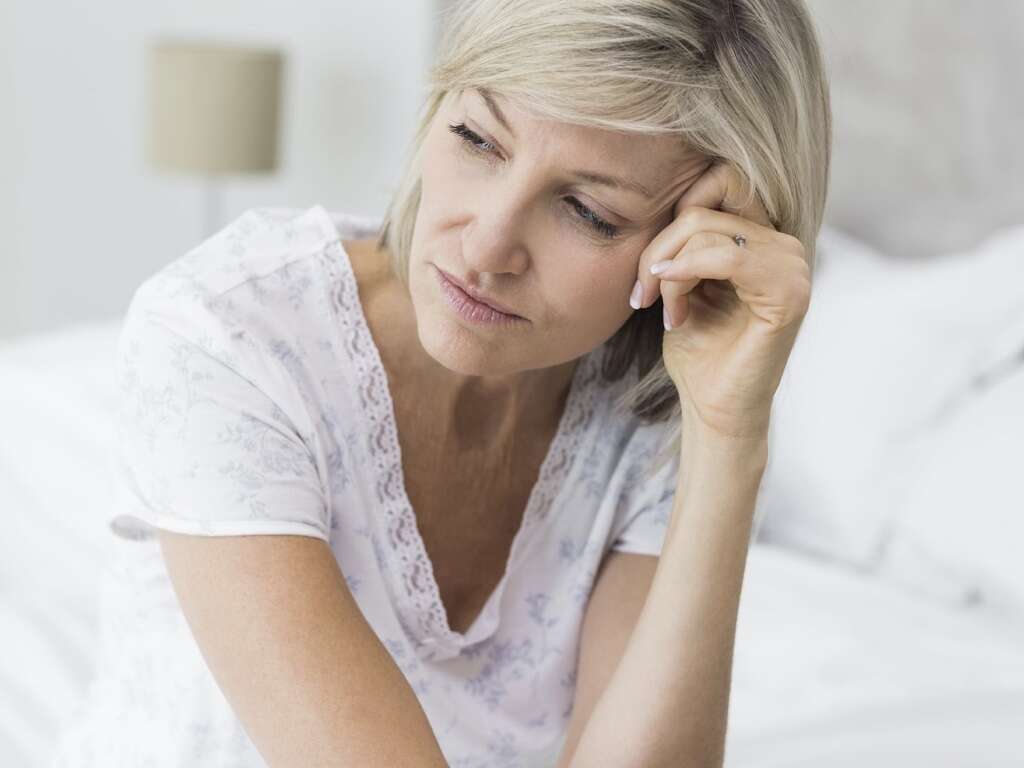
Menopause Sign #1: Mood Swings
Our mood is determined largely by the hormones in our body, among other things. They are naturally occurring chemicals that help control many functions in our bodies, including how we are feeling. If these chemicals are thrown out of balance, then we can experience some pretty drastic mood swings.
Menopause causes quite a considerable change in a woman’s hormonal balance. This can lead to mood swings that can be quite severe making a woman feel sad, anxious, and rather irritable. Some people choose to use medications to help lessen the severity of the symptoms.
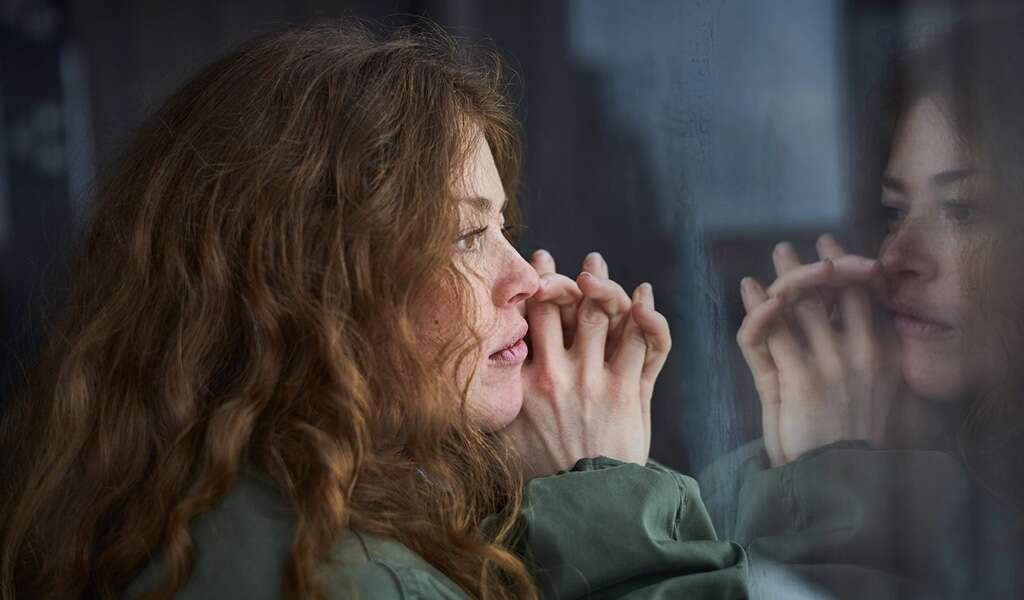
Menopause Sign #2: Poor Sleep
Our mood is also often determined by the quality of our sleep. It’s hard to stay bright and cheery when you have had a sleepless night. Don’t get enough sleep, and it can add to any other problems that you might already be experiencing.
Poor sleep is a fairly common symptom among women undergoing menopause. This can further influence one’s mood and generally make life appear the harder. Speak with your doctor and ask for advice about something that can help you get all the sleep you need at night.
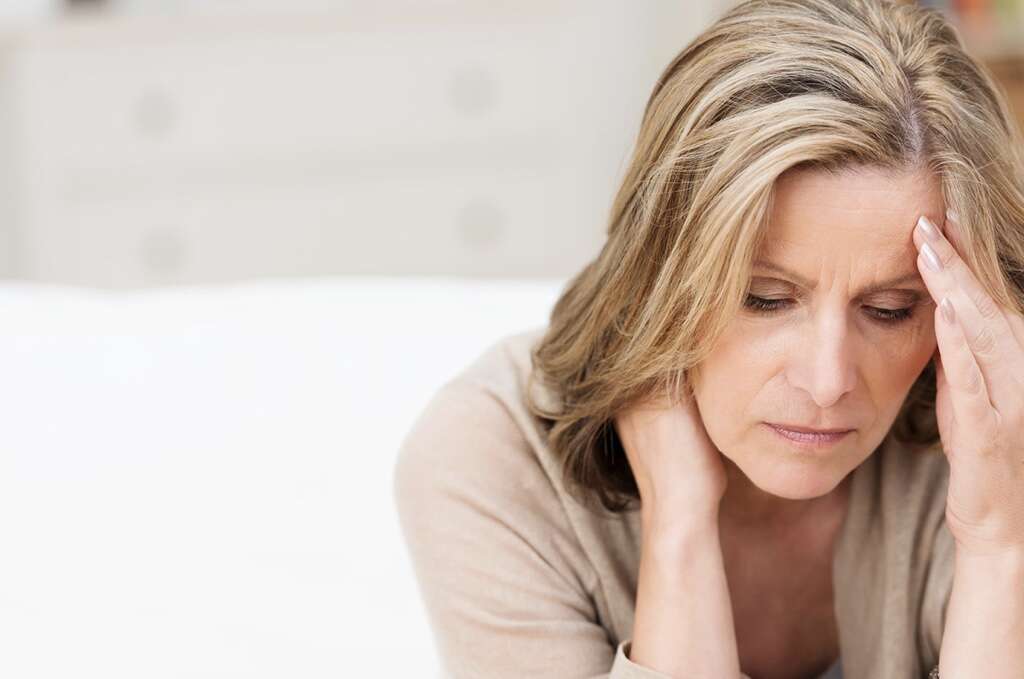
Menopause Sign #3: Missed Periods
The menstrual cycle allows for an egg to be released from an ovary for fertilization and for the uterus to shed and replenish its lining if egg fertilization and implantation does not occur. During a woman’s “period”, the uterus sheds its lining which causes bleeding from the uterus through the cervix and then out through the vagina.
A key aspect of the menopause is that women will begin to skip periods. When they do have them, the flow might be lighter or heavier than usual. They can also find that their premenstrual symptoms become more pronounced.
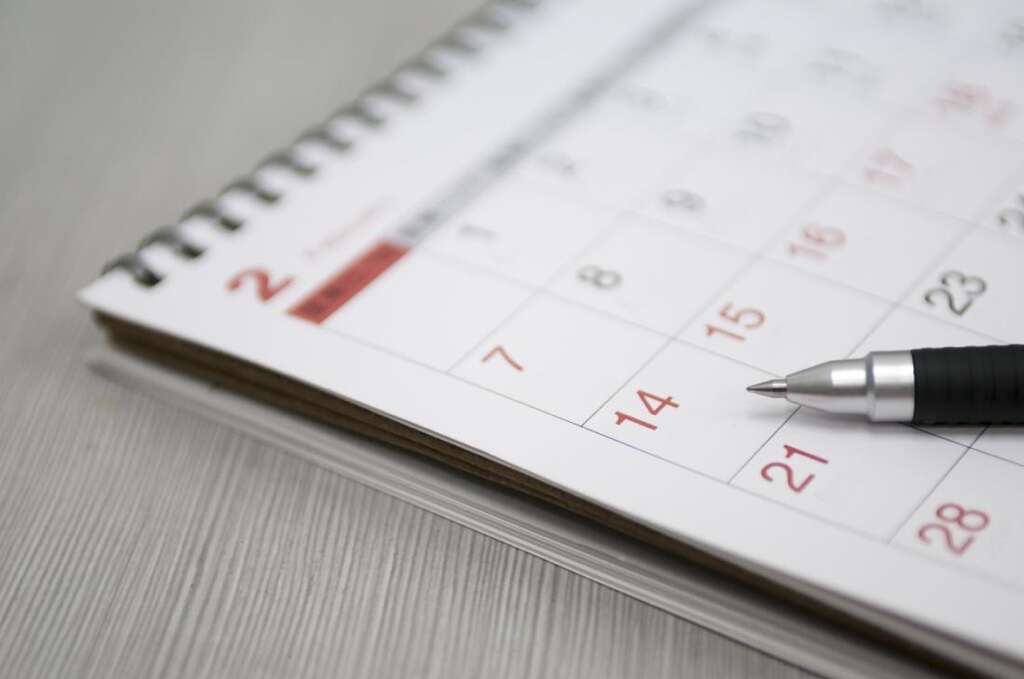
Menopause Sign #4: Urinary Complications
We tend not to have too many problems with our urinary tract unless we are unfortunate enough to experience frequent infections. As we get older and our bodies begin to change, however, things can become different. Women going through menopause are likely to find that problems with the urinary tract are more frequent.
This is largely because menopause can cause the vaginal wall to become thinner and less elastic. This, in turn, can lead to more infections. Other symptoms can include urinating more frequently, reduced control of the bladder, and weakening pelvic muscles.
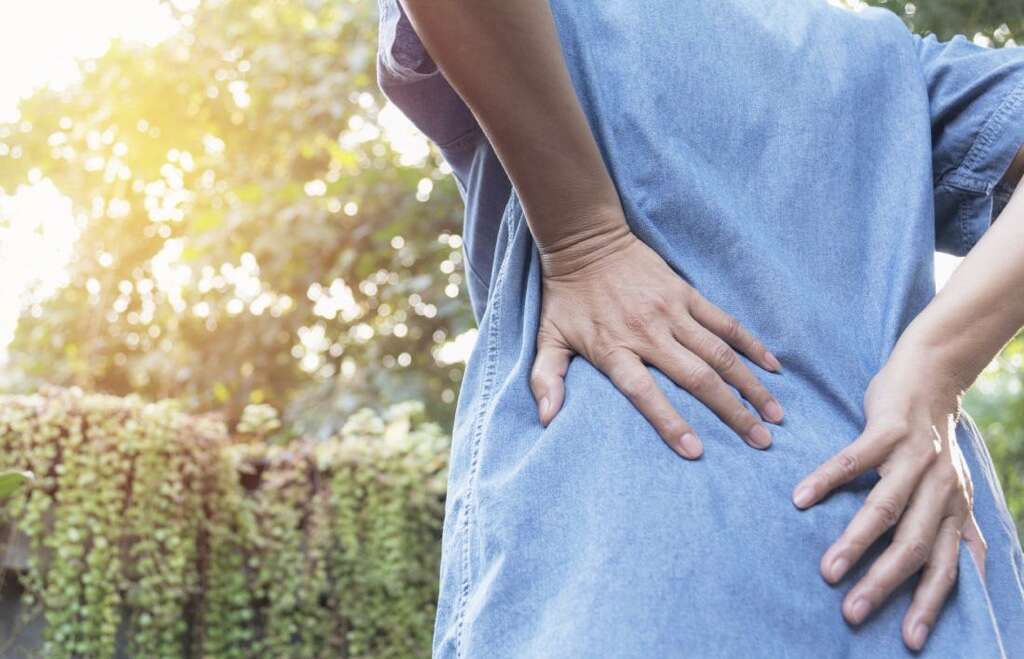
Menopause Sign #5: Gaining Weight
Our weight is determined by various factors. How much we eat and exercise are perhaps the largest two, but our hormonal levels also contribute to the picture. When our hormonal levels are affected, that can cause us to lose or gain weight significantly. Women going through menopause are likely to find that they will gain weight.
Menopause will lead to a slowing down of the metabolism overall. This will cause energy to be burned off at a slower rate, getting the large remainder of it stored on the body instead. A slim, healthy physique can still be maintained but it is likely to be harder to achieve.

Menopause Sign #6: Aches and Pains
Many people will experience aches and pains even from a fairly young age. Sometimes they can be pinpointed to certain causes such as medical conditions or can be due to sitting in an unusual position for too long. Aches will usually come and go, although they are likely to hang around for longer as we get older.
Menopause can cause women to start feeling pains in their joints and muscles. Their breasts may feel sore, while migraines become more frequent. Speak with your doctor and ask if they can help soothe the symptoms.

Menopause Sign #7: Vaginal Atrophy
The interior walls of the vagina are very flexible while lubricated. The lubricating fluid will be produced in greater quantities during intercourse to allow the penis to move freely inside. This lubrication and flexibility help make intercourse comfortable for both partners, while also preventing damage from occurring.
During menopause, it is common for many women to experience vaginal dryness and a thinning of the vaginal walls. This can make intercourse difficult and sometimes painful for the woman, while the walls of the vagina are also more prone to injury. Lubricants are available that can help overcome the problem.

Menopause Sign #8: Skin and Hair Problems
Maintaining a good appearance tends to be an ongoing challenge. Keeping a clear complexion is not easy, especially considering that skin is affected by ageing and air pollutants. As we get older, keeping a good complexion can become harder, especially for some women going through menopause.
Menopause is likely to cause more wrinkles as well as oily skin and the growth of facial hair. Additionally, hair can become dry and brittle, making it more susceptible to damage. Our fingernails can also change color and break far more easily than before.
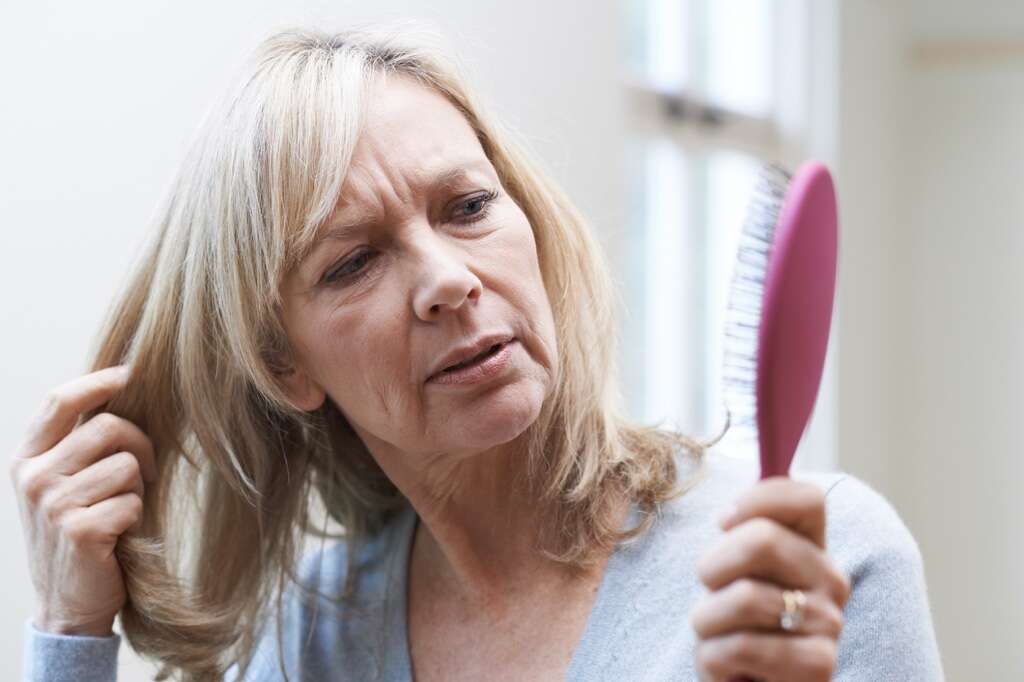
Menopause Sign #9: Cognitive Decline
Most of us will retain our faculties until the day that we die, but even then we can experience a slight overall decline. It might not be significant, but we might think more slowly and have difficulty remembering things. For many people, it is just a part of getting old, but it is also a part of menopause.
Studies have shown that women going through menopause are more likely to have cognitive difficulties. This makes focusing on any one thing challenging, and forgetfulness easier. Contributing factor might be the effects of poor sleep.

Menopause Sign #10: Changing Libido
The libido is not just there for fun. Its purpose is to encourage us to reproduce, helping to ensure our species continues. The libido tends to develop when we are in our teens and can last all the way through to our old age. The libido will also change from person to person, with some people more or less interested in sex than others.
Menopause often affects the libido. In some women it can decrease or disappear altogether, while others might find that it is increased. Regardless of which way the libido will go, intercourse can become difficult and painful due to vaginal atrophy.





